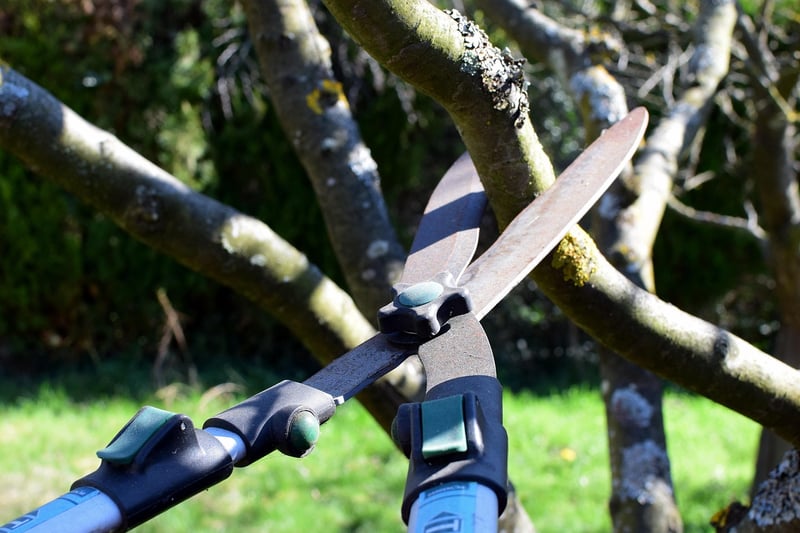Pruning Techniques
Guidance on Nurturing Plants and Pruning Techniques
Nurturing Plants
When it comes to nurturing plants, there are several key factors to keep in mind to ensure they thrive and flourish:
1. Watering
Provide your plants with the right amount of water. It is essential to water them regularly but avoid overwatering, as it can lead to root rot.
2. Sunlight
Ensure your plants receive adequate sunlight according to their specific requirements. Some plants thrive in full sun, while others prefer partial shade.
3. Soil Quality
Use well-draining soil rich in nutrients to support healthy plant growth. Consider adding organic matter or fertilizer to enhance soil quality.
4. Pruning
Regularly prune your plants to remove dead or overgrown branches, promote new growth, and maintain their shape. Pruning also helps improve air circulation within the plant.
Pruning Techniques
Pruning is a crucial practice that helps keep plants healthy and visually appealing. Here are some essential pruning techniques to master:
1. Deadheading
Remove spent flowers to encourage the plant to produce more blooms and prevent seed formation. Deadheading also enhances the plant's appearance.
2. Thinning
Thinning involves selectively removing branches to improve air circulation and sunlight penetration within the plant. This technique helps prevent disease and encourages new growth.
3. Heading Back
Heading back entails cutting back a portion of a branch to stimulate new growth and maintain the plant's shape and size. This technique is commonly used on shrubs and trees.
4. Rejuvenation Pruning
Rejuvenation pruning is a more drastic technique used to renew overgrown or neglected plants. It involves cutting back the entire plant to stimulate fresh, vigorous growth.

By understanding the importance of nurturing plants and mastering essential pruning techniques, you can create a healthy and vibrant garden that flourishes throughout the seasons.
Remember to research the specific needs of your plants and tailor your care and pruning practices accordingly for optimal results.
